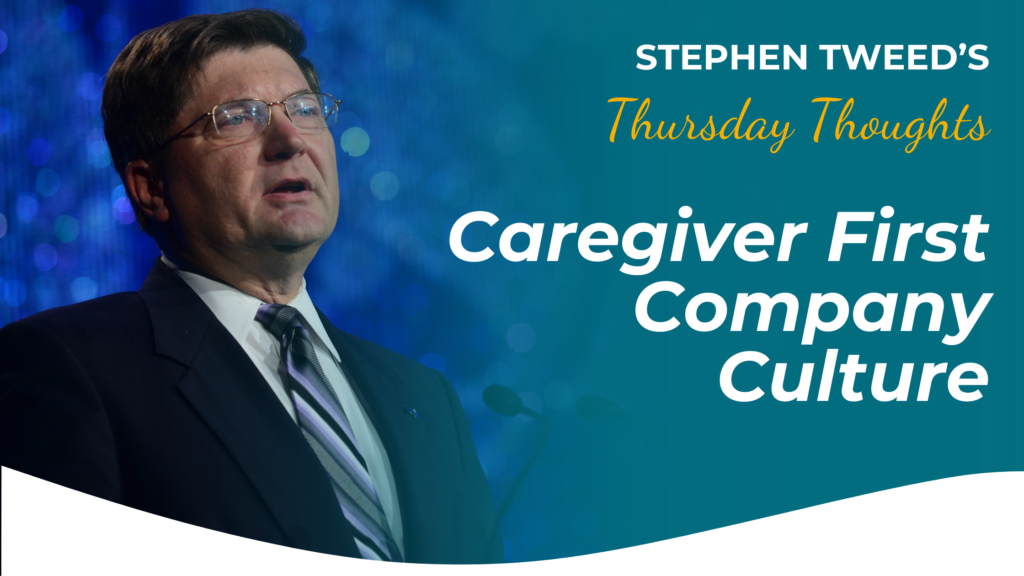By Stephen Tweed
A recent op-ed piece in the Washington Examiner by Kelly Buckland, Executive Director for the National Council on Independent Living makes a strong case why the Federal Companionship Exemption is necessary for the care and quality of life of disabled people in America.
Here’s the essence of the Council’s stand on this issue:
“Thousands of American families daily face the difficult decision of how to secure in-home services for themselves or a loved one.
For an individual with disabilities or an elderly person, remaining in the home rather than an institutionalized setting is of paramount importance. Hiring someone to help with daily tasks can make it possible for people to remain in their homes.
Unfortunately, this essential option for in home support is being threatened by the Obama administration without meaningful consideration of the impact it could have on the disability community.”
 |
||
| Jason Tweed with Ainsley and Jason |
As many of you know, my son, Jason Tweed is physically disabled, lives in a wheel chair, and uses the services of home care on a daily basis. He receives about 55 hours of care per week, and most of that is provided by one caregiver. Removing the Companionship Exemption will mean that he will have to have two caregivers because the program that pays for his care will not pay overtime for his caregiver.
The proposed change will have similar impact on millions of elderly and disabled folks who need assistance with the activities of daily living in order to live in their own homes independently. The change will also affect hundreds of thousands of caregivers working for private duty home care companies who will no longer be able to work more than 40 hours for the same employer. That means that many will have to work two jobs to make ends meet.
We suggest that you take a few moments to read this article. Then speak out by contacting your Member of Congress or Senator and express the importance of maintaining the companionship exemption for people caring for the disabled and the elderly.
Thanks so much to Kevin Smith at the Home Care Association of America for pointing us to this article.




